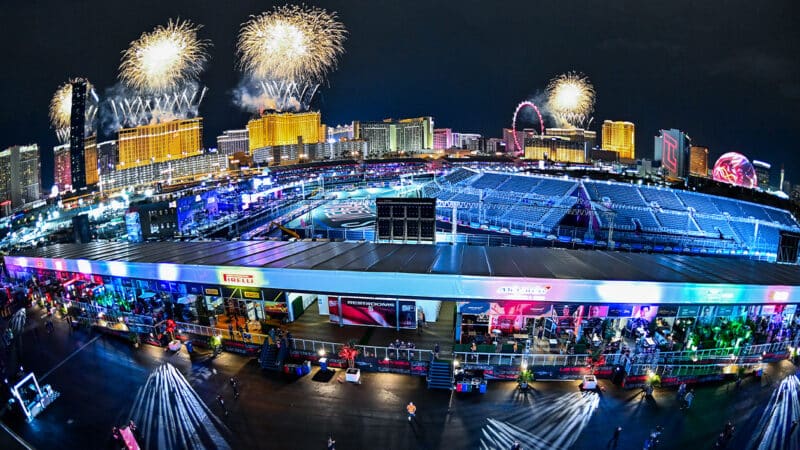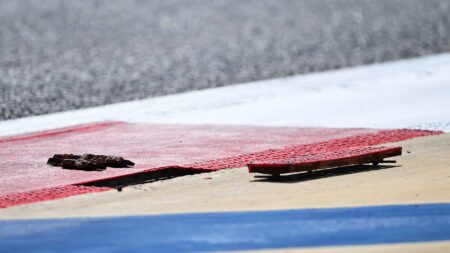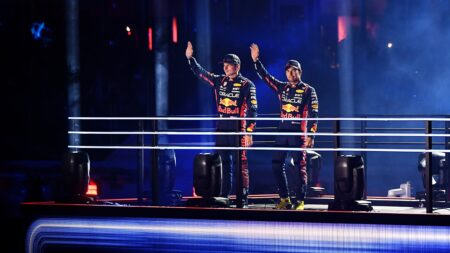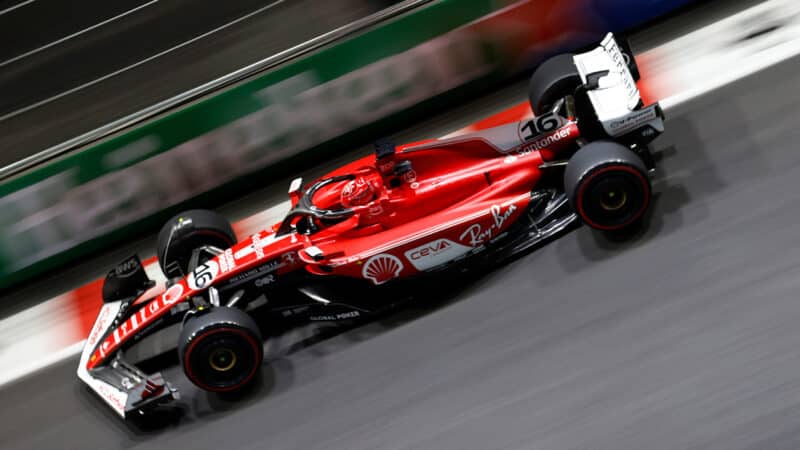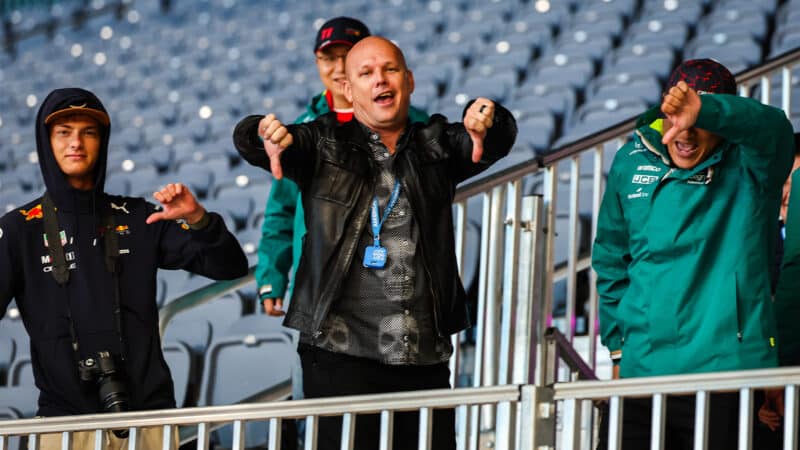The Las Vegas authorities have spent millions, as well as incurring the wrath of thousands of voters due to the traffic problems in resurfacing the public roads used by the circuit. There are reports of tourists being put off by the disruption too.
But for Steve Hill, CEO of LVCVA, who spoke to Motor Sport before the start of this weekend, the pain is about to pay off. “This weekend and the week before Thanksgiving has historically been the second-lowest week for the year [economically] for Las Vegas,” he said.
“With F1 here, it will now be the best week we’ve ever had.”
He continues to predict that the race will add $1.3bn to the Las Vegas economy, with an influx of visitors this week, and expects that to be an upsurge in tourists as a result of the global publicity.
That’s welcome news for a city where unemployment reached 30% in Covid and which still hasn’t recovered. International visitors are down on pre-pandemic levels and hotels have more available rooms — although guests are spending more.
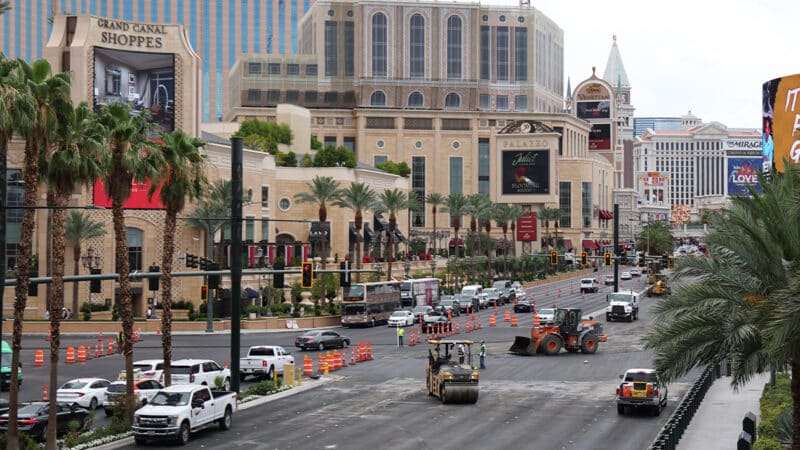
Vegas authorities thought the disruption of resurfacing was a price worth paying
Matthew Ashton/AMA via Getty Images
“This event is on a totally different scale,” says Hill. “The eyes of the world are on Las Vegas this week. And whether people are race fans or not, they are going to see Las Vegas shine and that combination of the Vegas brand and Formula 1 is just something that can’t be replicated anyplace else.
“It’s a global projection that we could not get any other way. It’ll be a great week, but it will have ripple effects throughout the future.
“This first year will be a lot harder than any future year. We’ve had to repave the entire Las Vegas Boulevard all in about a four-month stretch this summer and then we started to build all the facilities to actually host people and hold the race.
“So it’s been six and a half months of congestion and traffic. But that will be much easier going into the future because the circuit will last for years. And as it wears out, we’ll be able to patch and fix parts of it at a time and not have to repave the entire thing all at once again.”
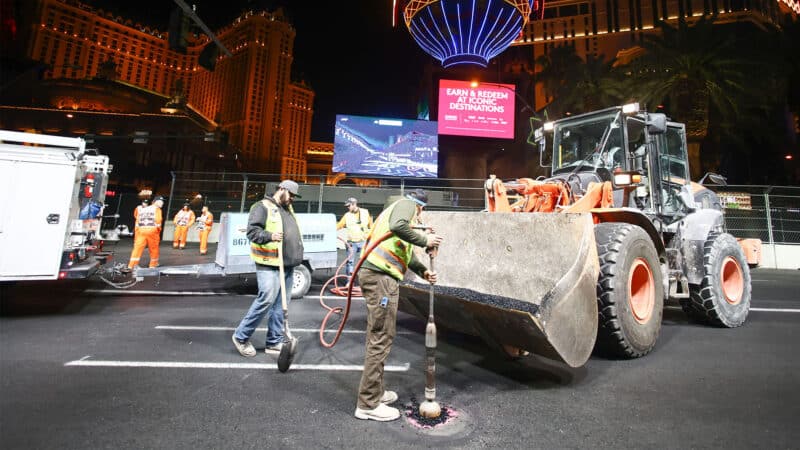
Water valve cover repairs after FP1 failure
Getty Images
Although only a three-year deal has been penned, it’s thought likely that a new ten-year contract is in the offing, and the scale of commitment suggests that’s just the start.
Because it’s not just Las Vegas that has long-term plans around the Grand Prix. F1 itself may well make a loss on the race this year, with revenue predicted to be around the $500m mark.
In the coming years, though, its spending will be dramatically reduced, with the pit building constructed on land it now owns. There won’t be a lavish opening ceremony at future rounds either.
